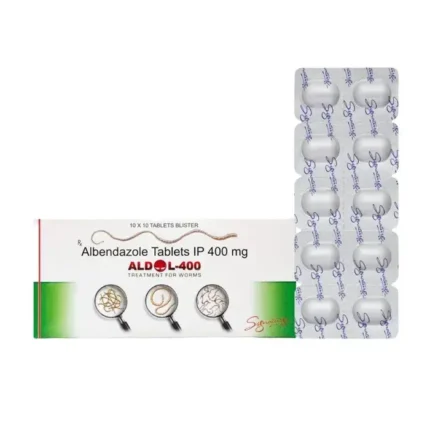The Joe Tippens Protocol: How Fenbendazole Became a Cancer Controversy
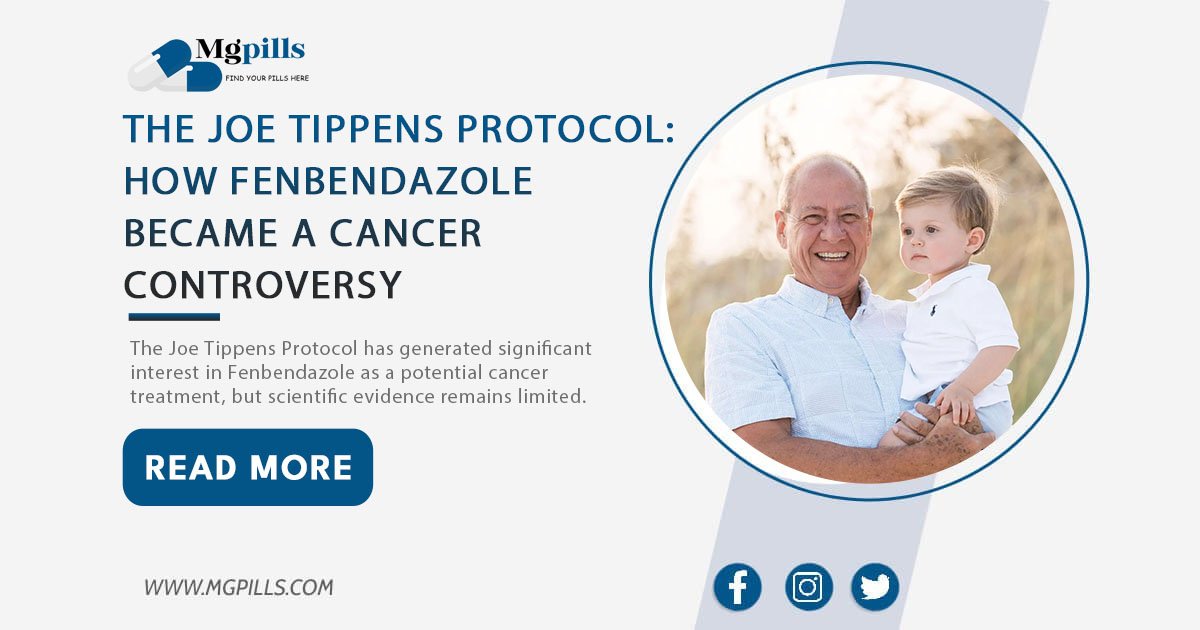
Introduction
Fenbendazole, a common veterinary dewormer, has gained unexpected attention as a potential cancer treatment. The so-called “Joe Tippens Protocol” has sparked widespread debate, with advocates claiming miraculous recovery stories while medical experts call for more research. In this article, we’ll explore how this controversy began, the science behind Fenbendazole, and whether it holds promise for cancer patients.
What is Joe Tippens Protocol?
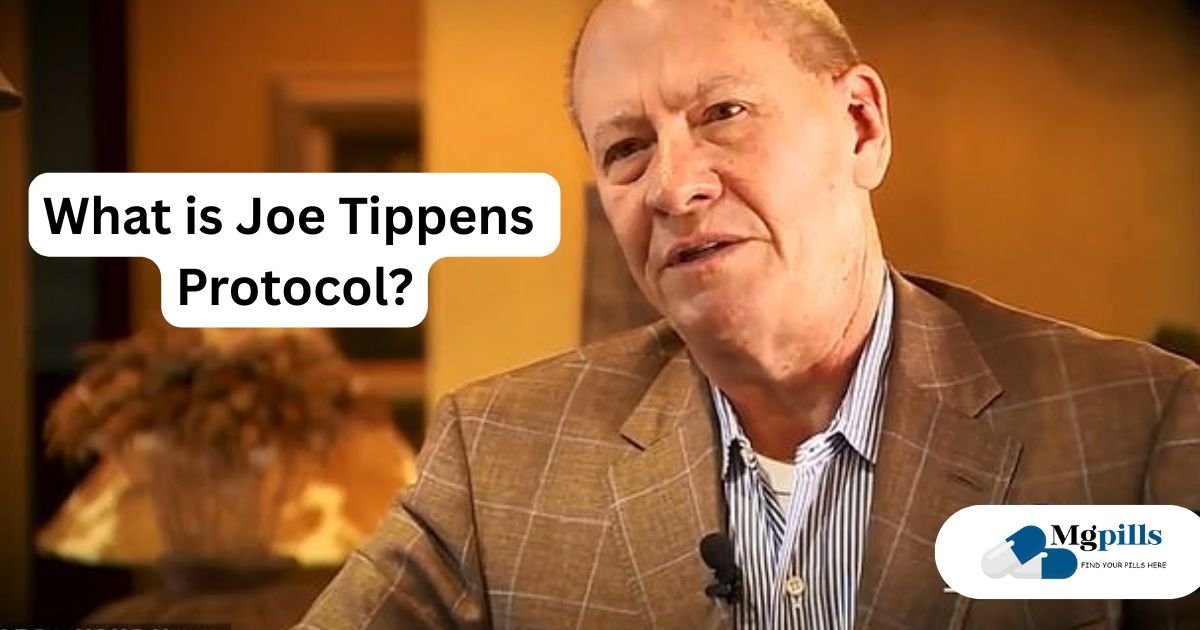
The Joe Tippens Protocol is an alternative cancer treatment that involves taking Fenbendazole, a common dog dewormer, alongside vitamins and supplements. This protocol gained widespread attention after Joe Tippens, an Oklahoma businessman, claimed to have cured his late-stage lung cancer using this unconventional approach.
Components of the Joe Tippens Protocol
The protocol consists of:
- Fenbendazole – 222 mg per day, taken for three consecutive days, followed by four days off.
- Vitamin E (Tocotrienol) – A powerful antioxidant that supports immune function.
- Curcumin – An anti-inflammatory compound found in turmeric.
- CBD Oil – Claimed to enhance the immune system and reduce inflammation.
Related Products
-
ABD 400 Mg Tablets (Albendazole)
Price range: $30.00 through $85.00 -
Albendazole 400 Mg Tablets (Albendazole)
Price range: $35.00 through $210.00 -
Albenza 400 Mg Tablets (Albendazole)
Price range: $30.00 through $90.00 -
Aldol 400 Mg Tablets (Albendazole)
Price range: $33.00 through $86.00
How It Allegedly Works
Supporters of the protocol believe that Fenbendazole disrupts cancer cell metabolism, preventing their growth and replication. The addition of antioxidants and anti-inflammatory compounds is said to enhance the body’s ability to fight cancer.
Has It Been Scientifically Proven?
While there are anecdotal reports of cancer remission, there is no peer-reviewed clinical evidence proving that Fenbendazole cures cancer. More research is needed to determine its effectiveness and safety for human use.
The Origins of the Joe Tippens Protocol

Who is Joe Tippens?
Joe Tippens was diagnosed with late-stage small-cell lung cancer in 2016. Given a grim prognosis, he turned to an unconventional treatment: Fenbendazole. After months of use, he claimed his cancer had disappeared, leading to the widespread popularity of the “Joe Tippens Protocol.”
How the Protocol Gained Popularity
His story spread rapidly through online forums, social media, and alternative health communities. Cancer patients seeking alternative therapies began trying Fenbendazole, sharing their own experiences and fueling the debate over its effectiveness.
The Role of Social Media and Word-of-Mouth
Online platforms such as Reddit, Facebook, and YouTube played a key role in promoting the protocol. Testimonials from patients claiming success with Fenbendazole further propelled the conversation, leading to increased demand and curiosity about the drug’s potential cancer-fighting properties.
Understanding Fenbendazole’s Potential Cancer-Fighting Mechanism
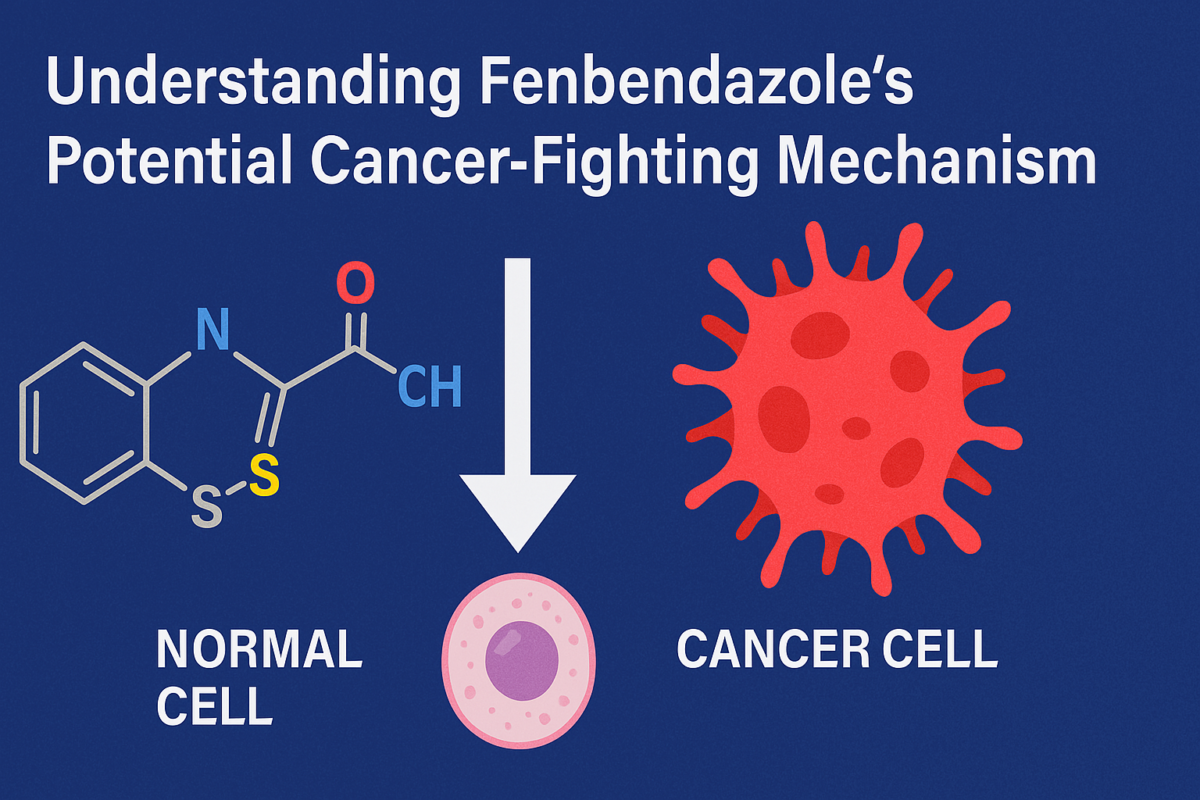
How Does Fenbendazole Work?
Fenbendazole is an anthelmintic drug that disrupts microtubules in parasites, preventing their ability to function and reproduce. Some researchers speculate that this mechanism could also work against cancer cells by inhibiting their ability to grow and divide.
Scientific Studies on Fenbendazole and Cancer
While some preliminary studies suggest Fenbendazole may have anti-cancer properties, most research has been conducted on animals or in laboratory settings. Human clinical trials are lacking, making it difficult to draw definitive conclusions about its effectiveness.
The Importance of Further Research
Experts emphasize the need for rigorous, peer-reviewed studies to determine the safety and efficacy of Fenbendazole as a cancer treatment. Until such studies are conducted, mainstream medical professionals remain cautious about recommending it for human use.
Read More About: How Fenbendazole and Ivermectin Work Against These 5 Common Human Parasites
The Controversy Surrounding Fenbendazole and Cancer Treatment

Lack of FDA Approval for Human Cancer Treatment
Fenbendazole is approved by the FDA for veterinary use but not for treating human diseases. While some alternative health proponents advocate for its off-label use, medical professionals warn about potential risks and unknown long-term effects.
The Risks and Side Effects
Since Fenbendazole is not intended for human consumption, its safety profile for cancer patients remains unclear. Potential side effects may include liver toxicity, gastrointestinal issues, and interactions with other medications.
The Divide Between Conventional Medicine and Alternative Treatments
The debate over Fenbendazole highlights the broader tension between conventional oncology and alternative cancer therapies. While some patients seek non-traditional approaches, oncologists emphasize the importance of evidence-based treatments backed by clinical research.
Ivermectin and Its Connection to Cancer Treatment
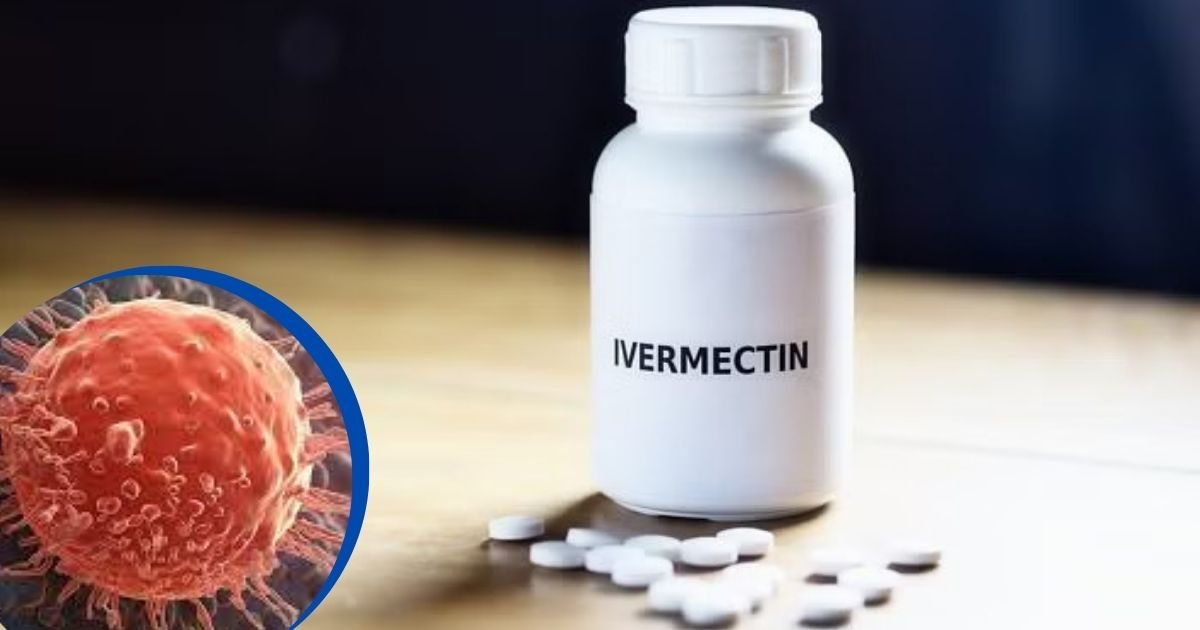
What is Ivermectin?
Ivermectin is an antiparasitic drug commonly used to treat infections caused by roundworms, head lice, and scabies. It has gained attention in recent years for its potential anti-cancer properties, though research is still in its early stages.
How Ivermectin May Affect Cancer Cells
Some laboratory studies suggest that Ivermectin may have anti-cancer effects by inhibiting cancer cell proliferation, inducing apoptosis (programmed cell death), and interfering with tumor growth. However, these findings are based primarily on preclinical studies and require further investigation in human trials.
Related Products
-
ABD 400 Mg Tablets (Albendazole)
Price range: $30.00 through $85.00 -
Albendazole 400 Mg Tablets (Albendazole)
Price range: $35.00 through $210.00 -
Albenza 400 Mg Tablets (Albendazole)
Price range: $30.00 through $90.00 -
Aldol 400 Mg Tablets (Albendazole)
Price range: $33.00 through $86.00
Comparing Ivermectin and Fenbendazole
While both Ivermectin and Fenbendazole are antiparasitic drugs, their mechanisms of action differ. Some alternative medicine advocates suggest they could be used together as part of a broader approach to cancer treatment. However, medical experts caution that without proper clinical trials, such use remains speculative and unproven.
Should Cancer Patients Consider the Joe Tippens Protocol?

Consulting with a Medical Professional
Anyone considering alternative cancer treatments, including Fenbendazole, should consult with their doctor before making changes to their treatment plan. A healthcare provider can assess potential risks and ensure that it does not interfere with other therapies.
The Need for a Holistic Approach
Cancer treatment is complex, and relying solely on an unproven drug like Fenbendazole may not be advisable. A combination of conventional treatments, lifestyle changes, and supportive therapies can provide a more comprehensive approach to managing the disease.
Patient Testimonials vs. Scientific Evidence
While personal success stories can be inspiring, they do not replace scientific research. Patients should be cautious about anecdotal evidence and seek reliable sources when making health decisions.
Table: Pros and Cons of the Joe Tippens Protocol
| Pros | Cons |
| Affordable compared to traditional cancer treatments | Lack of FDA approval for human use |
| Easily accessible over the counter | No large-scale human clinical trials |
| Some anecdotal success stories | Potential side effects and unknown long-term risks |
| Contains additional supplements with possible health benefits | May interfere with conventional treatments |
FAQs
1. Is Fenbendazole safe for humans?
Fenbendazole is FDA-approved for veterinary use but not for human consumption. While some people claim to use it without issues, there is no official data on long-term safety for humans.
2. Can Fenbendazole cure cancer?
There is no scientific proof that Fenbendazole cures cancer. Most evidence is anecdotal, and medical professionals urge caution until more research is conducted.
3. Are there any known side effects of Fenbendazole?
Potential side effects include liver toxicity, nausea, diarrhea, and possible interactions with other medications.
4. Why hasn’t Fenbendazole been approved for cancer treatment?
There is currently insufficient clinical research on humans to prove its safety and efficacy. Without large-scale studies, regulatory bodies cannot approve it as a cancer treatment.
5. Should I try the Joe Tippens Protocol if I have cancer?
It is crucial to consult with a doctor before considering any alternative treatment, including Fenbendazole. Traditional cancer therapies remain the best-supported options based on current medical research.
Conclusion
The Joe Tippens Protocol has generated significant interest in Fenbendazole as a potential cancer treatment, but scientific evidence remains limited. While some patients claim remarkable recoveries, medical professionals urge caution and further research. Until human trials confirm its safety and effectiveness, Fenbendazole should not replace conventional cancer treatments. Patients interested in alternative therapies should always consult their doctors to make informed decisions about their health.




